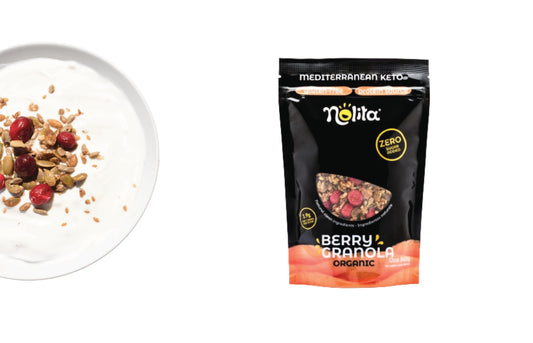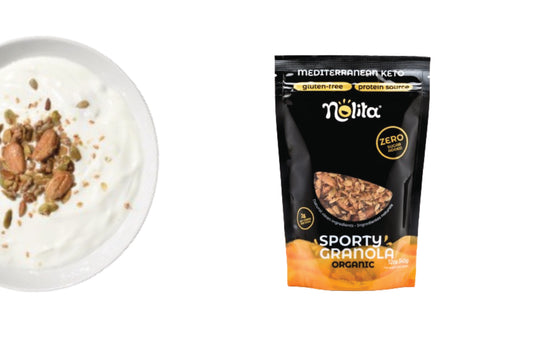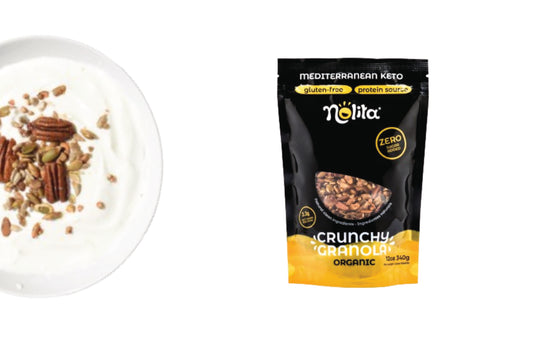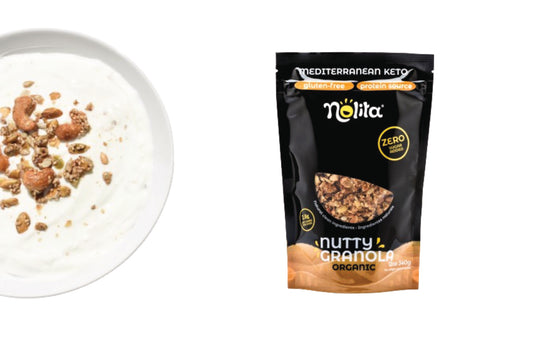It is already common knowledge that proteins are a slow and lasting source of energy and therefore beneficial for those who exercise regularly. If the body does not get enough energy from other nutrients such as carbohydrates or stored fat, it resorts to the synthesis of amino acids (originating from protein breakdown) for energy.
Why are they essential to maintain and restore muscle tissue?
As we mentioned, these macro-nutrients are broken down into amino acids. Three of the essential amino acids that provide us with energy are leucine, Isoleucine, and Valine, known as BCAAs (branched-chain amino acids).
Leucine is responsible for muscle building through its ability to stimulate protein synthesis mechanisms during the post-exercise recovery period.
Valine helps repair tissue, promotes normal growth, regulates blood sugar levels, and is extremely important for energy production. In addition, it may be involved in the regulation of the immune system, central nervous system, and cognitive functions.
Isoleucine, on the other hand, besides also inducing protein synthesis, influences glucose uptake in cells and enhances the use of glucose during exercise, resulting in greater energy during workouts.
In short, they increase muscle growth, contribute to their maintenance, and decrease soreness after training.
However, the human body cannot produce BCAAs on its own, obtaining them only through the proteins ingested in the diet.
BCAAs and the skeletal muscle.
Skeletal muscles are responsible for positioning and moving the body. They allow the body to maintain the strength necessary to balance itself in motion, and they also generate heat, thus regulating body temperature.
During training, they suffer minor ruptures and are damaged, and protein synthesis (notably BCCAs) is essential for their recovery.
Circadian cycle and muscle growth:
Skeletal muscles exhibit an oscillatory pattern of behavior, according to the circadian cycle (24 hours, according to sunlight that influences cell behavior and body chemistry, affecting processes such as metabolism, digestion, and growth).
The ability to synchronize the internal rhythm with environmental factors provides a biological advantage in carrying out daily activities. While the circadian cycle has long been studied for regulating metabolic processes such as glucose or nutrient metabolism, recent research presents evidence that skeletal muscles have so-called "molecular cycles" that work in coalition with the circadian and are important in the ability to adapt to exercise.
What is the best time of day to eat protein?
New studies reveal that eating it in the morning may promote more robust muscle growth since the metabolic syndrome that occurs according to the circadian cycle is most active in the period between 7 a.m. and 9 a.m.
In this study, the authors recruited 60 older women whose daily protein intake was in line with expert recommendations. Half of the women started eating more quantity at breakfast than at dinner, and the other half did the opposite.
Although there was no difference between the two groups in terms of activity level, body mass, height, BMI, fat mass, physical function, or food intake, the group that ate larger amounts earlier in the day had greater skeletal muscle mass growth and grip strength were significantly greater than those of the other control group.
This happens because when we ingest these macro-nutrients closer to dinner time the metabolic expenditure that we will have until the rest period is much lower. Protein synthesis takes place, but since there is not as much energy expenditure, this energy is stored in the form of fat.
Therefore, it is preferable to ingest larger quantities of protein foods at breakfast or lunch time than at dinner.
Find out here which Nolita breakfast products have the highest protein level.
Photo: @priscilla-du-preez
Bibliography
Shinya A. et al. ( July 6, 2021 ). The distribution of dietary protein intake in daily meals influences skeletal muscle hypertrophy via the muscle clock. from: Cells reports., consulted in 30/08/2021
Berman, R.,( July 26, 2021). Protein at breakfast builds more muscle than protein at dinner., from Medical news today., consulted in 30/08/2021
Bellefonds, C., (August 2.2016). What Are BCAAs—and How Do They Affect Your Workouts?., from Womanhealth., consulted in 30/08/2021
Walle, G., (July 11, 2018). 5 Proven Benefits of BCAAs (Branched-Chain Amino Acids). from: Healthline., consulted in 30/08/2021





